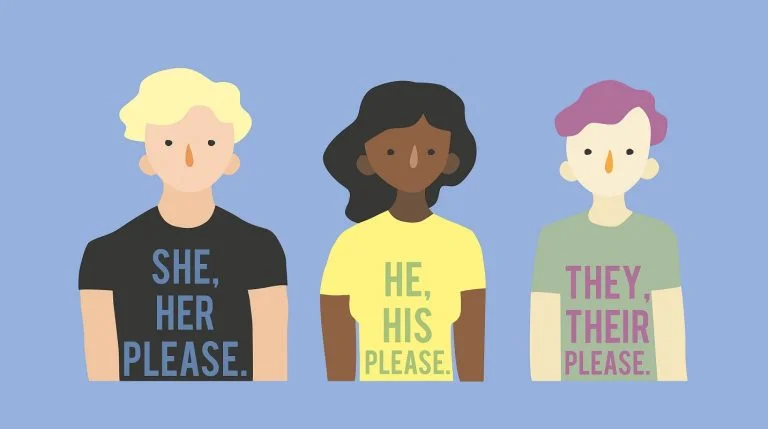Sticks & Stones: Talking Violence
There’s a news app on my phone that sends stories to my notifications. I’m not certain how it chooses the articles for me, but more often than not, they’re clickbait rather than legitimate news. Think more ‘Man wins the lottery using THIS technique’ than ‘Minister confirms Brexit still in limbo’. Most likely, the app knows my browsing history - and that I am really, truly desperate to find out ‘the secrets your dentists don’t want you to know’.
Over the Christmas-New Year lull, the app sent me an article titled ‘YouTube Body Builder Star Erich Stelzer Dies After Tinder Horror Date’. I thought of Grace Millane and Gordon Semple and was sad to think that Stelzer had fallen victim to yet another person using dating apps to harm others.
However, the article told a different story than its headline. Erich Stelzer was not killed by his Tinder date. He died in police custody after being tased. He had stabbed his Tinder date repeatedly.
I am not prepared to comment on or make judgements on the events. Reports claim that Stelzer had been experiencing a decline in his mental health the month prior to his death. His family felt he was not receiving the help he needed. This is not an excuse for what he did to his date, but it is a complication to the story. Thankfully, Stelzer’s victim, Maegan Tapley, survived the ordeal and is set to make a full recovery.
I am prepared, however, to comment on the language we use to discuss violence, and the poor form of the clickbaity headline in question. While not inaccurate, ‘YouTube Body Builder Star Erich Stelzer Dies After Tinder Horror Date’ is misleading. It makes no mention of Maegan Tapley, and instead entirely victimises Stelzer. I can’t imagine I will have been the only person under the impression Stelzer had been murdered by his Tinder date. Further, the headline suggests that the sole horror of the date was Stelzer’s death. This is not the case - and certainly not for Tapley.
These are delicate conversations and I do not intend to pit lives against one another.
Whilst I would advocate for more emphasis on Maegan Tapley as a victim of Stelzer’s stabbing in the headline above, it’s not ideal to focus the whole story around the victim. This runs the risk of reducing their identity in the public sphere to their position as victim in the crime, of perpetuating their ‘victimhood’. People cannot be defined solely by the violence and trauma they have experienced.
Secondly, focusing on the victim alone removes the responsibility of the perpetrator. For example, ‘violence against women’ is a common phrase that bothers me. I agree it is important to acknowledge the group of people that the problem affects - ‘women’ - but is it not also vital to identify those causing the problem? In this case, placing the emphasis on women in our language - on the television, in the papers, on the radio - makes it incredibly easy to think it’s a problem for women alone to deal with. At risk of being slightly reductive, placing the emphasis on women in ‘violence against women’ places the responsibility on women to prevent such violence; this comes too close to victim blaming for my liking. When ‘violence against women’ is often shorthand for ‘violence against women perpetrated by men’, I would rather make the effort to use the longer phrase.
I appreciate getting people to click on web pages by any means necessary is a job, and a skill that many websites employ, but in cases of violent crimes and death, it’s worthwhile plumping for journalistic accuracy and integrity over clickbait and SEO buzz.
My thoughts are with Maegan Tapley, the family of Erich Stelzer, and those who saved Maegan’s life that night.
Image sourced via Spiekerblog





